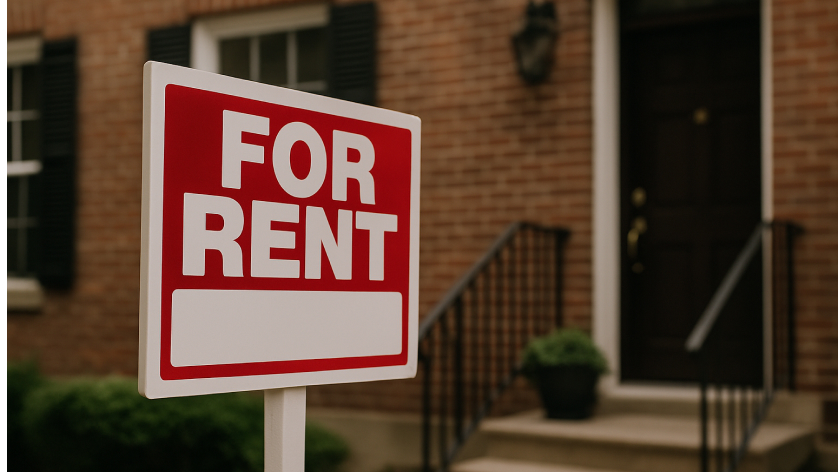What Happens When Landlords Can’t Pass On Broker Fees? New Survey Reveals a Major Shift in Landlord Behavior
As broker fee regulations tighten across major U.S. cities, landlords in New York and Boston are bracing for change. In response to recent legislation that bars passing broker fees onto tenants, Baselane surveyed local landlords representing about 300 total rental units across both metro areas to understand how the new rules are reshaping their leasing strategies.
The results paint a clear picture: landlords are rethinking how and whether they use brokers at all.
Ditching Brokers
One of the most eye-opening findings? 36% of landlords do not plan to use brokers.
This marks a dramatic shift, considering close to a third of respondents (38%) reported always using brokers in the past, while another 28% said they used them sometimes. That means brokers were a go-to option for half the landlords we surveyed, until now.
Why the sudden change? For many landlords, broker fees have historically been covered by tenants. 58% of respondents previously passed the full fee onto tenants, while only 33% paid the fee themselves.
Now that that option is off the table, the math doesn’t add up for many small landlords.
“Landlords, particularly those managing just a few units, are incredibly cost-sensitive,” said Mathias Korder Fort, CEO and co-founder of Baselane. “When a meaningful expense like a broker fee suddenly lands on their income statement, they’re forced to rethink their entire leasing approach. We're seeing many opt for DIY solutions or word-of-mouth to fill vacancies.”
Rents May Rise as a Result
Of those who still plan to use brokers, 58% said they’ll raise rents to cover the cost. The rest are either undecided (12%) or plan to absorb the fee themselves (30%).
This could have a ripple effect on local housing affordability, especially in high-demand cities like New York and Boston, where even modest rent increases can push tenants out of neighborhoods.
A New Era of Leasing?
Taken together, the findings suggest that broker regulations are not just changing who pays, but whether brokers are involved at all. With over a third of landlords planning to stop using brokers entirely, it’s clear we’re entering a new era of leasing, where direct-to-tenant tools and platforms could play a larger role in how units are marketed and filled.
For tenants, the policy change may offer upfront cost savings. However, for landlords, it's prompting a fundamental reassessment of the leasing process — from how listings are promoted, to how tenants are screened, and how much rent is charged.
Baselane will continue to monitor how this regulatory shift plays out in other markets and what it means for independent landlords navigating a changing rental landscape.













